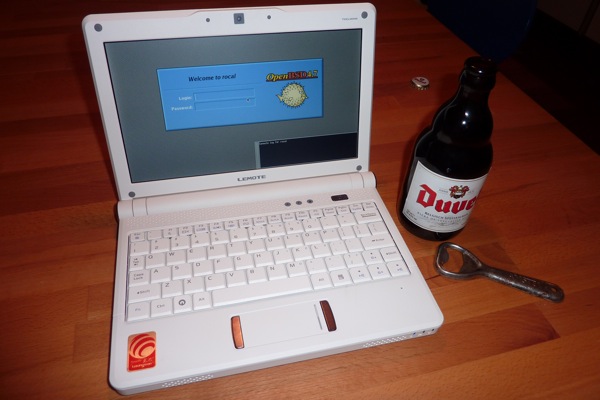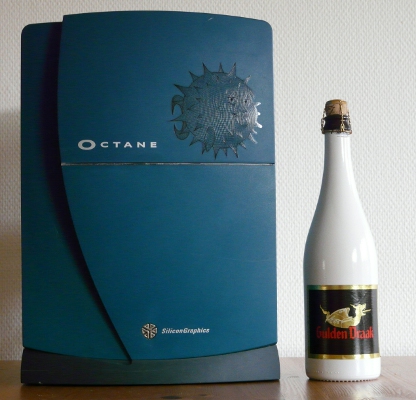Originally posted by willbprog177
View Post
Originally posted by kylew77
View Post
I probably sound harsh. I really do wish it existed!
Originally posted by starshipeleven
View Post
(Loongson and SGI).
BSD has had this support since 2010
BSD has had this support since 2009
You are right. I take it back; BSD often gets support for hardware long before Linux.




Comment